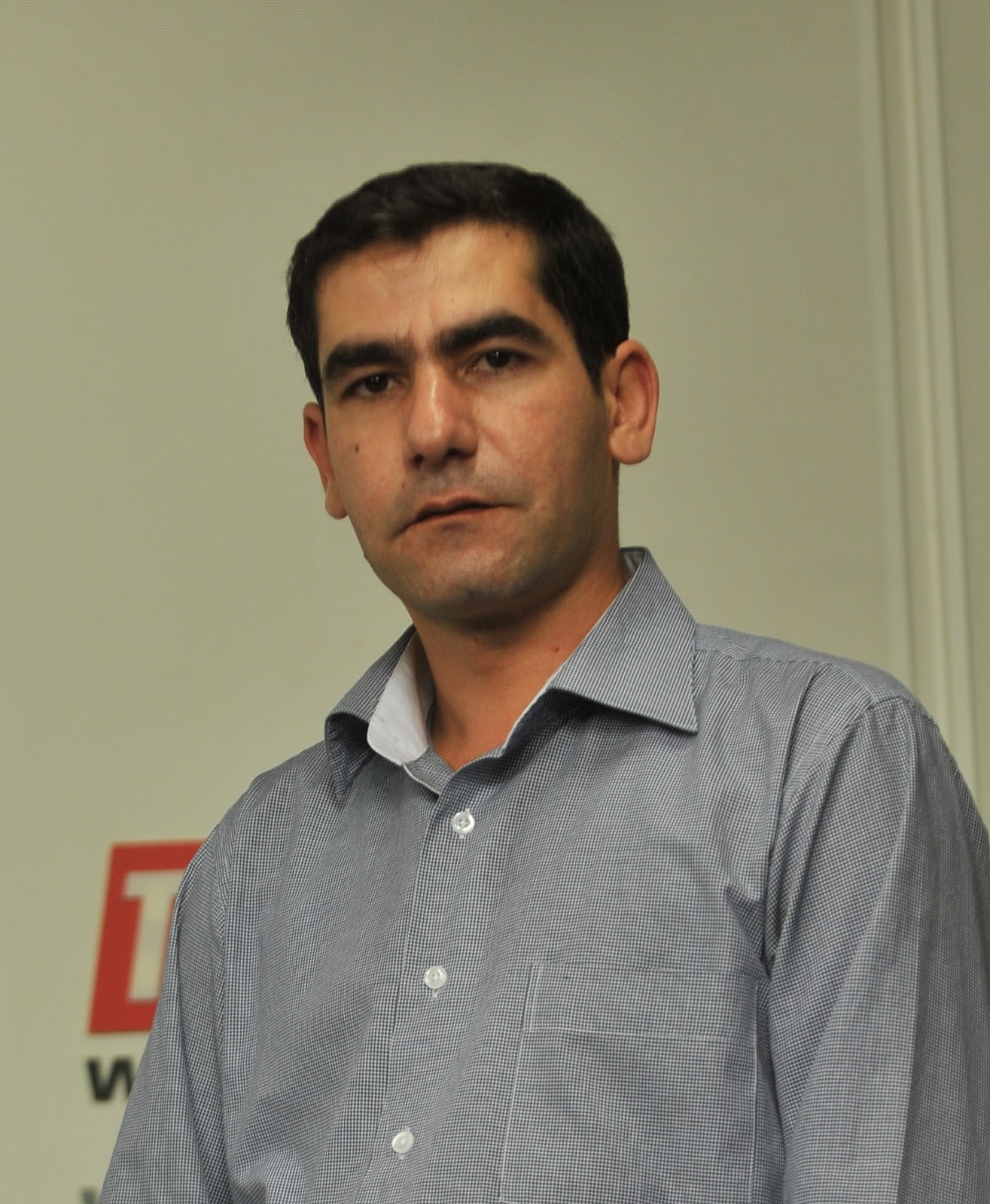Iran-US tango turning into waltz

By Dalga Khatinoglu
Trend Persian Service head
Prior to his visit to the United States, Iranian President Hassan Rouhani gave his first interview among the foreign media outlets to the NBC TV Channel, in which he claimed that he has all the necessary authority for any steps in discussions of the nuclear issue with the West.
It was the first time that an Iranian president says he has the full authority to make decisions over such a priority and strategic issue.
According to article 110 of the Iranian constitution, the right to make strategic and foreign policy decisions in Iran, mainly belongs to religious leader Ayatollah Ali Khamenei.
"I still support the rules of diplomatic ethical conduct, as well as what I said years ago, a heroic flexible policy," Khamenei said recently at a meeting with generals of the Iranian Revolutionary Guard Corps (IRGC).
Saying that 'years ago, he spoke of the heroic flexible policy', Ayatollah pointed to the book, which he has translated and published by him 44 years ago at the age of 30. This is the 'The peace treaty of Imam Hasan' about a peace treaty signed by the second Shia Imam Hasan ibn Ali and Caliph Muawiyah.
It was the first time when Khamenei used the term 'flexible policy' in relation to the West. Also for the first time in his speech on September 17 he demanded the IRGC did not interfere in politics.
During the eight-year presidency term of the former head of state Mahmoud Ahmadinejad, the IRGC turned into the most powerful organisation in both the political and economic spheres of the country. It should be recalled that in 2009, the opposition leaders accused the IRGC of interfering in the election results. IRGC generals repeatedly made statements about the country's internal and external policies.
During Ahmadinejad's first presidency, seven ministers were IRGC generals and during his second presidency - six IRGC generals were holding the posts of ministers including the minister of oil.
Apparently, Iran's spiritual leader intends to provide Rouhani with all authority and hold back the IRGC which has great influence in the country, from trying to prevent Rouhani.
In the last month the sanctions against Iran also have bees eased partly. Last week the European Court decided to cancel sanctions against 18 major Iranian companies, including several banks and an Iranian shipping company.
Last week, information about the bilateral correspondence between the presidents of the U.S. and Iran was confirmed. Prior to that, Ahmadinejad sent letters to Barack Obama, but the White House did not respond. Obama also sent a letter twice to the spiritual leader of Iran, but did not receive a response.
The 'olive branch list' presented by Iran to the United States also included a reduction of 20 percent-enriched uranium stockpile by half. A few months ago, Iran had reserves of 240 kg of 20 per cent enriched uranium gas (UF6). In the latest statistics of the International Atomic Energy Agency the figure is indicated as 180 kg, and on Wednesday, the head of Iran's Atomic Energy Organisation, Ali Akbar Salehi said that a significant part of the uranium gas was turned into fuel and there remain only 140 kg of UF6.
This means that even if Iran wants to, will not manage to produce sufficient amounts of uranium gas (up 90 percent- enriched) for a nuclear weapon in six months.
There are new hopes that the 34-year-old strife between Iran and the United States will end, and the tango with two steps forward and three steps back will turn into a waltz.
It's hard to overestimate how useful for the regional and international community will be talks between the two sides.
